From the Head of Teaching and Learning
Mrs Jasmin Mano

From the Head of Teaching and Learning
Mrs Jasmin Mano
As we reach the halfway mark of Term 3 it is hard to believe just how quickly the academic year is progressing and how much HEROIC learning we are packing into each week. This term there have been many significant ‘weeks’ and ‘days'. Earlier this term we celebrated ‘Pi 𝚷 day’, last week we celebrated a dynamic Science Week and this week we celebrate Literacy and Numeracy Week, with the anticipated highlights of the week; our annual Junior Book Parade and our inaugural ‘Edible Book Festival’, where students have been invited to bake a sweet or savoury delicacy to resemble their favourite book, top on the events list. Students were inspired to consider the process of writing and the inspiration that author’s draw on to compose their books, through the engaging author talks by Will Kostakis and Rawah Arja.
The following images capture Literacy and Numeracy Week:
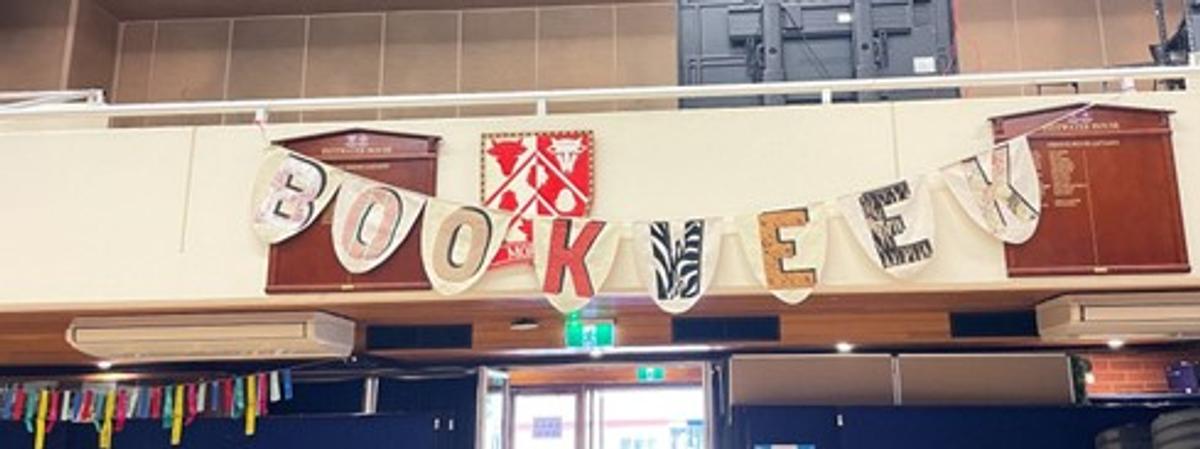

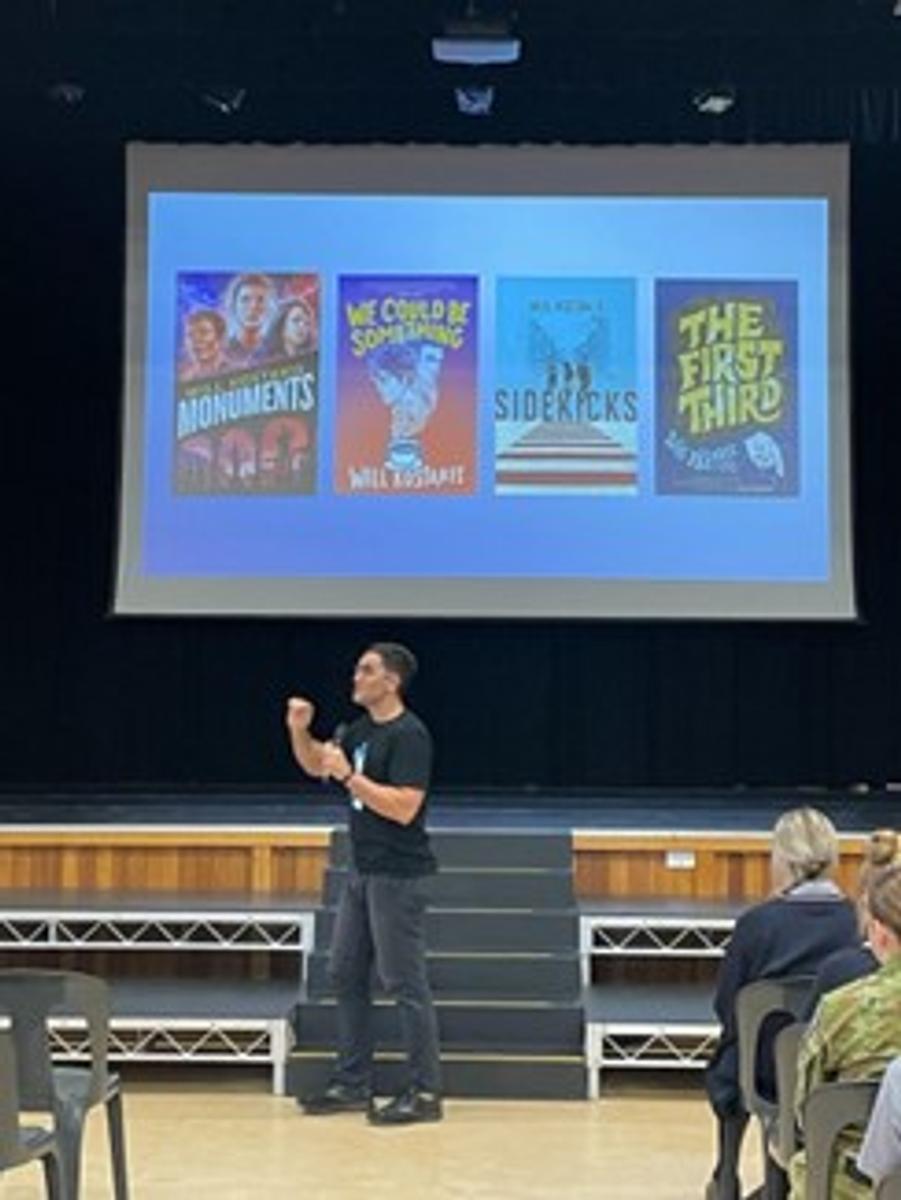
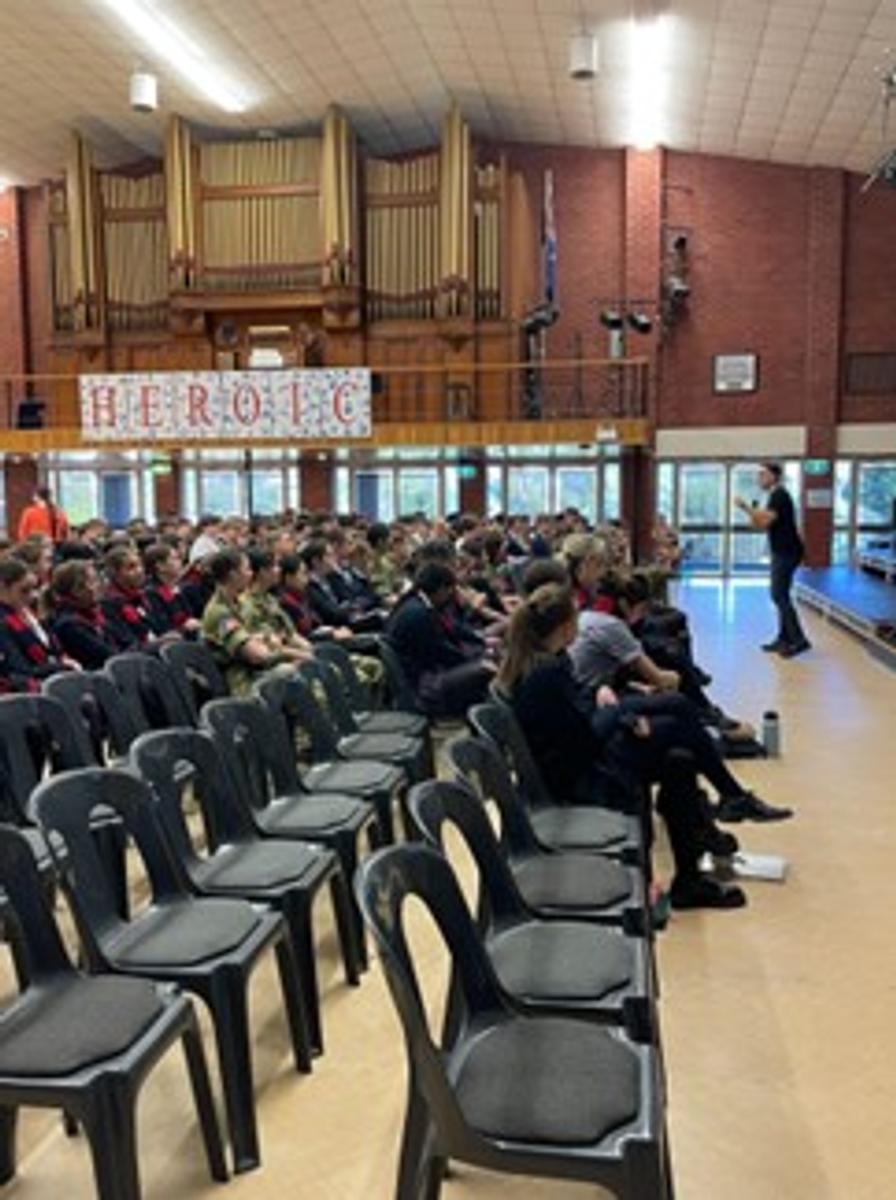
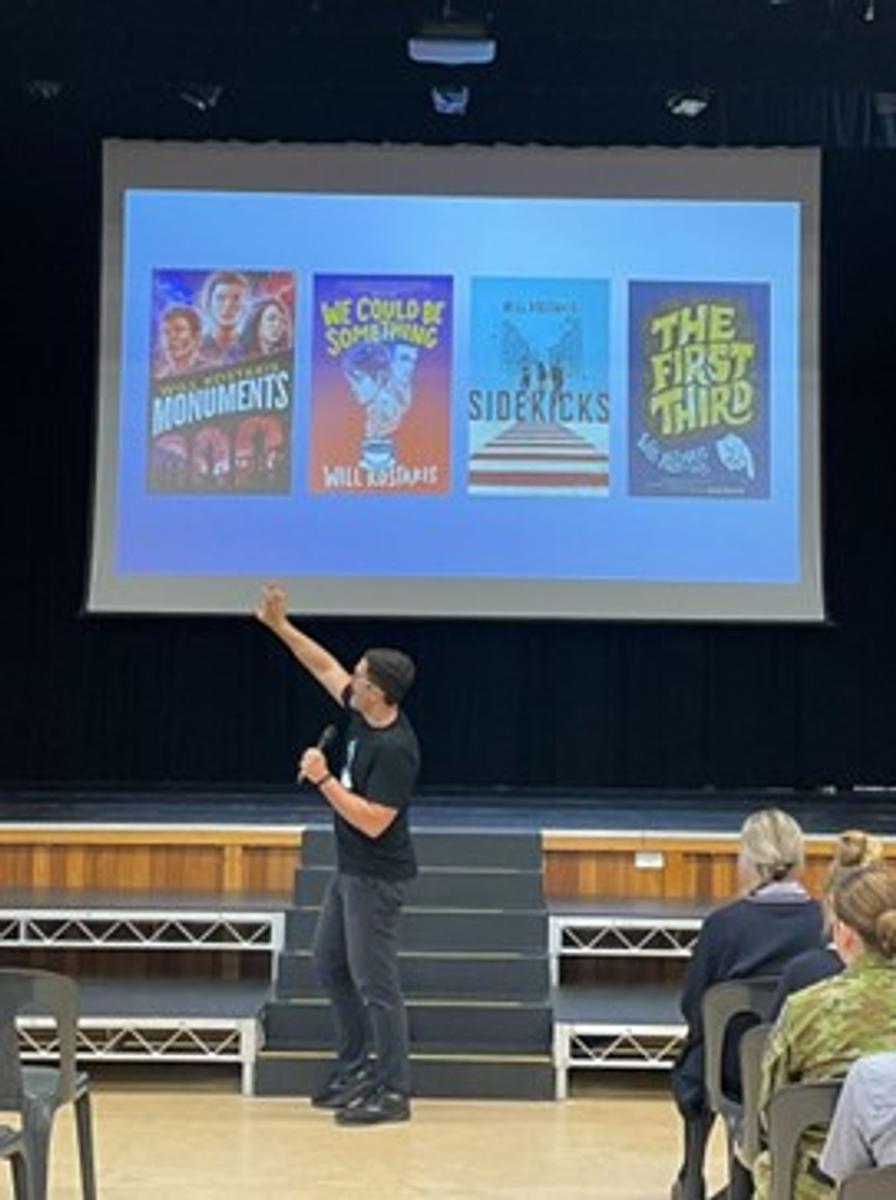
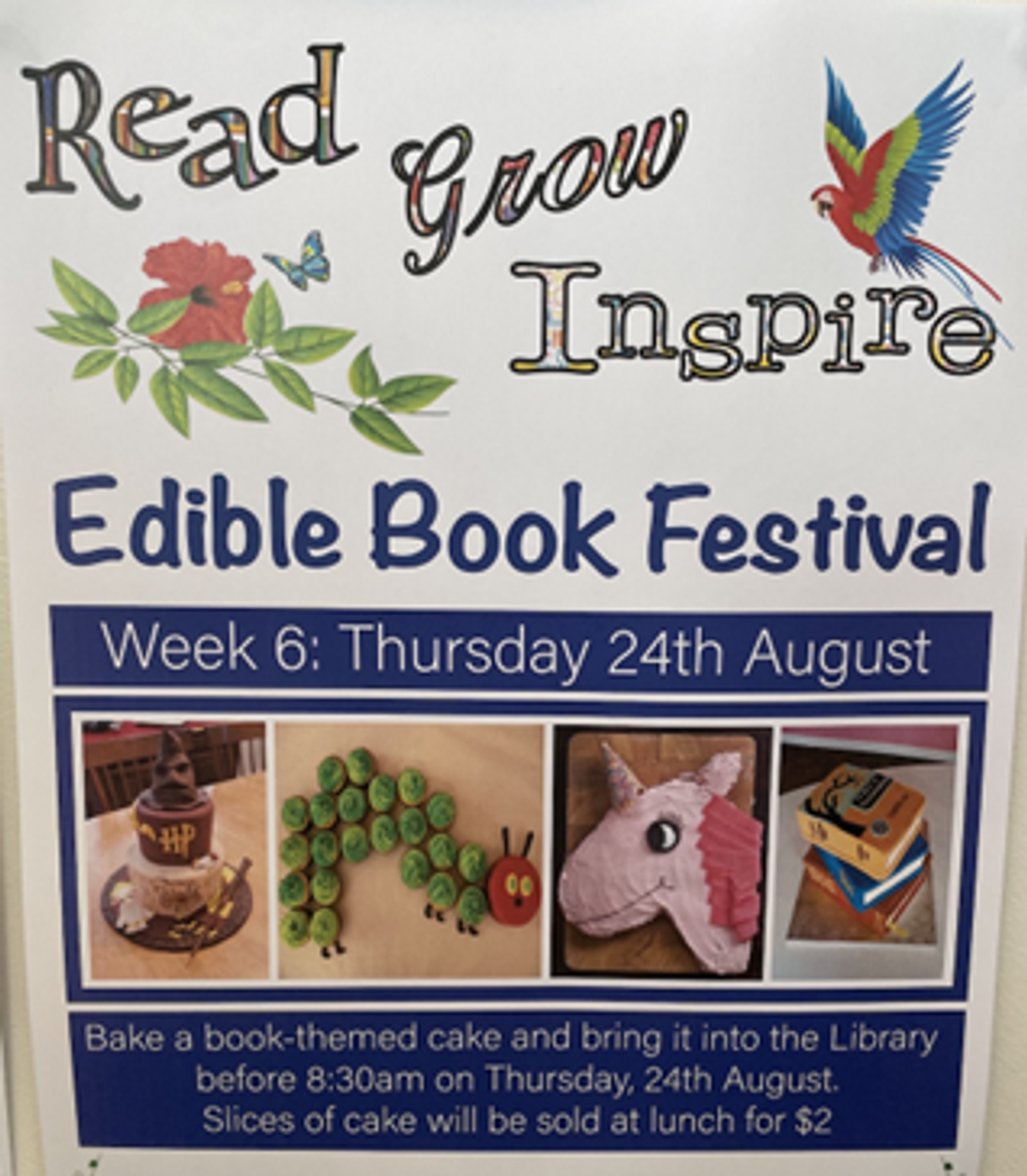




An Innovative Learning Model
We celebrate these unique learning activities to complement the NSW mandatory curriculum, ensuring we prioritise well-rounded learning experiences to maximise student engagement. Our HEROIC Learning Framework’s building blocks are Deep Learning experiences. They activate our students to build on their individual learner strengths and needs to create new knowledge using real-life problem solving, to help our students identify their talents, purpose, and passion at school and in life.
Our ‘Innovative Learning Model’ is the first of five volumes that frame our ‘School for HEROIC Learners’.
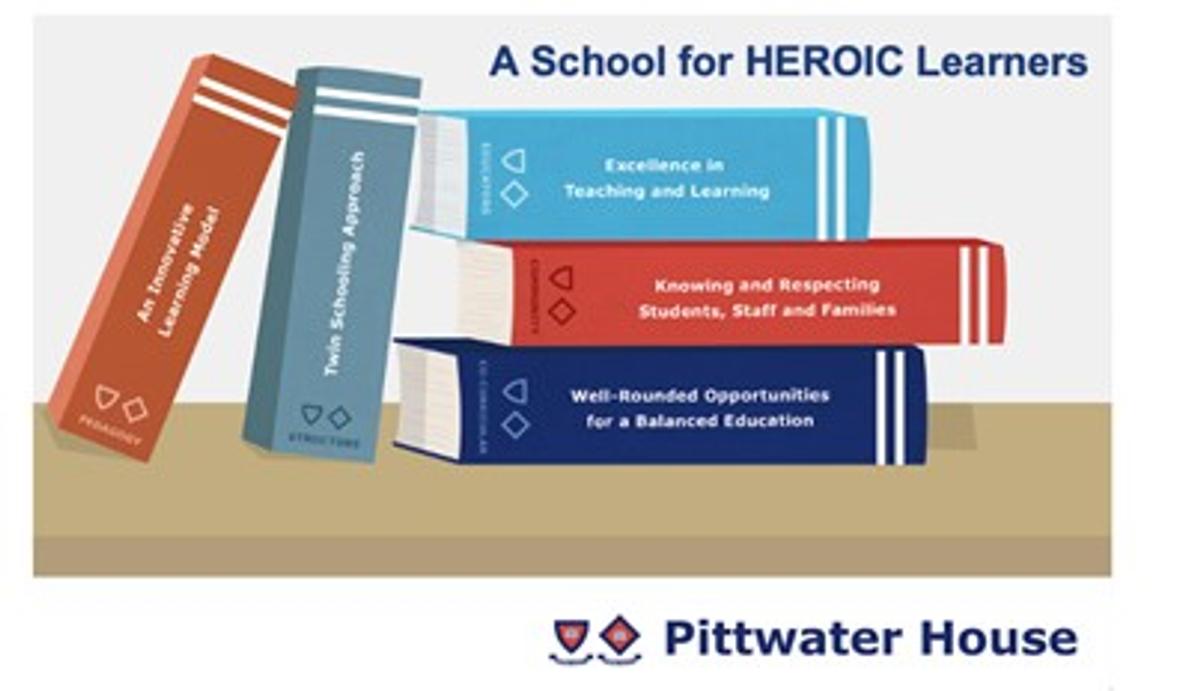

What Is It?
More than ever our students need their learning experiences to develop competencies and capabilities to flourish beyond the school gate. We encourage originality, inquiry, responsible risk-taking and critical thinking where students have the courage to imagine a holistic approach to learning that prepares them to apply the knowledge they learn to adapt and solve the real-life problems of their complex world. We use a teacher-framed, student-led teaching method known as ‘Deep Learning’, in which teachers act as learning agents, inspiring students to take a more proactive approach to their learning through enquiry, and problem solving. At its core are six essential competencies, which help students integrate academic skills with personal and social capabilities in a reflective and fun learning environment:
1. Citizenship – encompasses intercultural understanding and diversity.
2. Character – metacognition, resilience, perseverance and proactive learning.
3. Collaboration – personal and social capability, which includes self/social awareness and management.
4. Communication – literacy, numeracy, Information and Communication Technology capability.
5. Creativity – curiosity, innovation, imagination and seeking of new pathways and solutions.
6. Critical Thinking – questioning, thinking logically, reasoning and using evidence.
High Potential Students
Our teachers differentiate their lessons to challenge high potential students with the level best suited to them. Our Junior and Senior Committees collaborate to ensure identified students are catered for, in and out of the classroom. This may include flexible progression, consisting of whole-grade or single-subject acceleration, and Senior Extension streams for Mathematics, Science and Dance classes. Outside of the classroom, a full gamut of bespoke High Potential programs is on offer to enrich our students’ curriculum including the HEROIC Questioners Club, GATEway8 Challenge, Genius Hour, Future Problem Solving. Students are also challenged through inter-school competitions such as Mathematics Olympiad, Ethics Olympiad, Tournament of Minds, Global Academic Challenge (ACER), Science and Engineering Challenge and da Vinci Decathlon. Deep Learning enables a precise measurement of where a student sits in learning and where their next steps can take them. At its core are six essential competencies, which help students integrate academic skills with personal and social capabilities in a reflective and fun learning environment.
Diverse Learning
We provide a supportive and collaborative approach to those needing additional learning assistance. We work in close liaison with families to create a learning environment where students can progress at their own rate. Recognising that all students have varying needs, our learning support systems include in-class support and team-teaching, student observations and teacher feedback, small group and individual targeted intervention programs, curriculum differentiation, homework support and study skills.
If you have any questions regarding your child’s learning or our ‘Innovative learning Model’, please do not hesitate to contact me. I leave you with a quote from an educator I greatly admired who recently passed; Sir Ken Robinson, who poignantly encapsulates all we set out to achieve for our young men and women at Pittwater House.
“The fact is that given the challenges we face; education doesn't need to be reformed -- it needs to be transformed. The key to this transformation is not to standardise education, but to personalise it, to build achievement on discovering the individual talents of each child, to put students in an environment where they want to learn and where they can naturally discover their true passions.”
― Ken Robinson, The Element: How Finding Your Passion Changes Everything